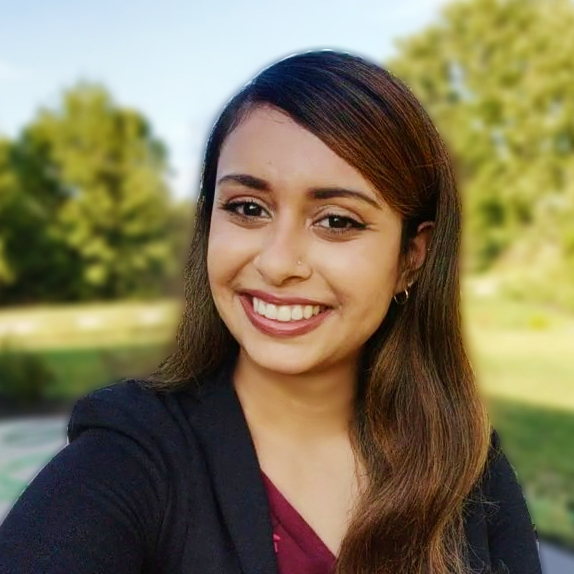
Science Communication
Dr. Nazish Jeffery is the Bioeconomy Policy Manager at the Federation of American Scientists (FAS), where she leads work to strengthen U.S. biotechnology policy and advance the nation’s bioeconomy. She develops practical, evidence-based tools and policy frameworks that help government and industry navigate complex challenges in biomanufacturing, finance, standards, and national security.
At FAS, Nazish has authored influential policy briefs and reports on topics including de-risking the bioeconomy through innovative financing mechanisms, accelerating domestic biomanufacturing capacity, and alining clean energy and biotechnology strategies. Her work helps shape national conversations about U.S. competitiveness and the responsible growth of emerging biotechnologies. She has been recognized among leading voices in the field, including being featured in The Bioeconomy 500.
Before joining FAS, Nazish worked as a process development scientists in the biotech industry in Boston where she translated scientific discoveries into scalable applications. She earned her Ph.D. in Biochemistry and Molecular Biology from the University of Rochester School of Medicine. During her time at the University, she founded the Science Policy Initiative to connect scientists with policymaking.
Nazish is known for translating complex scientific and policy issues into clear, actionable recommendations that strengthen innovation, economic vitality, and national security.
By preparing credible, bipartisan options now, before the bill becomes law, we can give the Administration a plan that is ready to implement rather than another study that gathers dust.
The transition to a clean energy future and diversified sources of energy requires a fundamental shift in how we produce and consume energy across all sectors of the U.S. economy.
Advancing the U.S. leadership in emerging biotechnology is a strategic imperative, one that will shape regional development within the U.S., economic competitiveness abroad, and our national security for decades to come.
By providing essential funding mechanisms, the Bioeconomy Finance Program will reduce the risks inherent in biotechnology innovation, encouraging more private sector investment.
While the U.S. has made significant advancements and remained a global leader in biotechnology over the past decade, the next four years will be critical in determining whether it can sustain that leadership.
To understand the range of governmental priorities for the bioeconomy, we spoke with key agencies represented on the National Bioeconomy Board to collect their perspectives.
We sat down with Congressman Jake Auchincloss to get a better understanding of how Congress and the Select Committee on the CCP view the need for standards for the bioeconomy.
In the quest for sustainable energy and materials, biomass emerges as a key player, bridging the gap between the energy sector and the burgeoning U.S. and regional bioeconomies.
Multiple bioeconomy-related programs were authorized through the bipartisan CHIPS & Science legislation but have yet to receive anywhere near their funding targets.
While the U.S. government grapples with the definition of the bioeconomy and what sectors it does and does not contain, another definitional issue needs to be addressed: What does sustainability mean in a bioeconomy?
We’ve created a living table to track progress on the Bioeconomy EO, enhance accountability, and follow the state of the U.S. bio economy as it evolves.
The landscape of biosecurity risks related to AI is complex and rapidly changing, and understanding the range of issues requires diverse perspectives and expertise. Here are five promising ideas that match the diversity of challenges that AI poses in the life sciences.